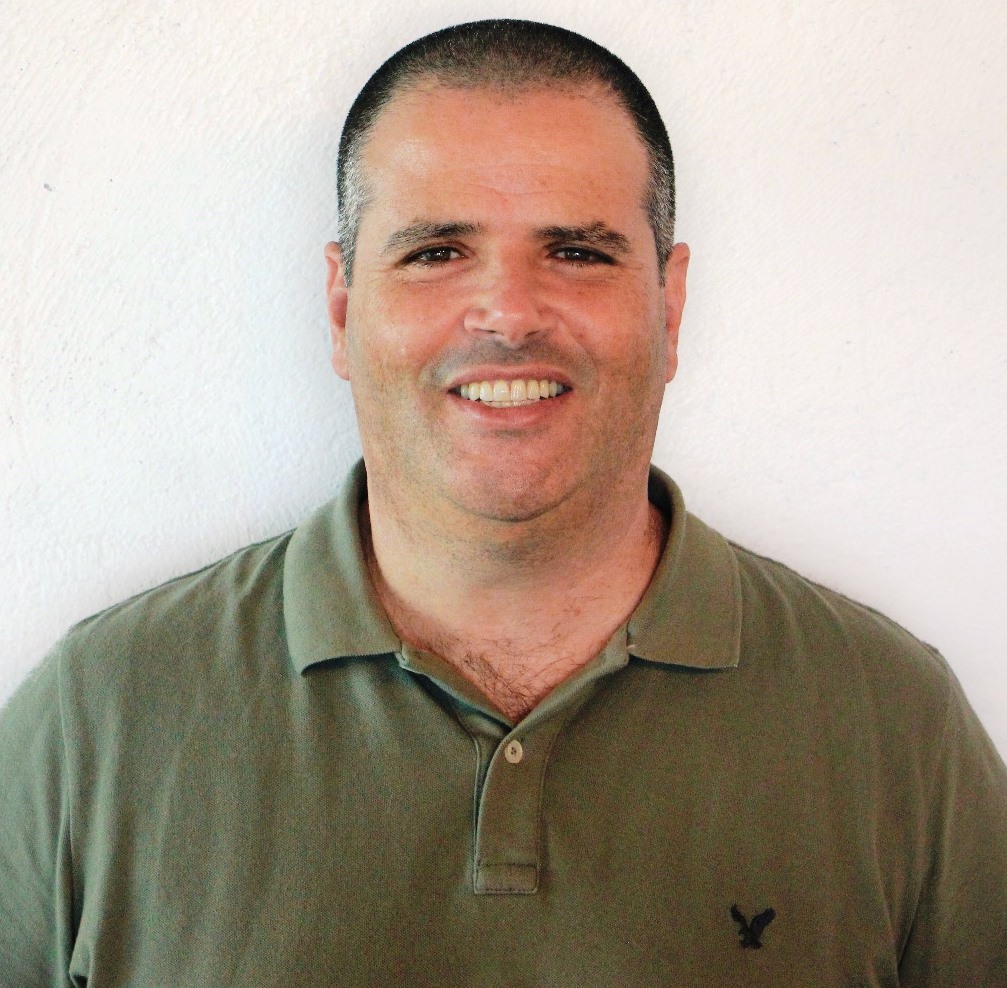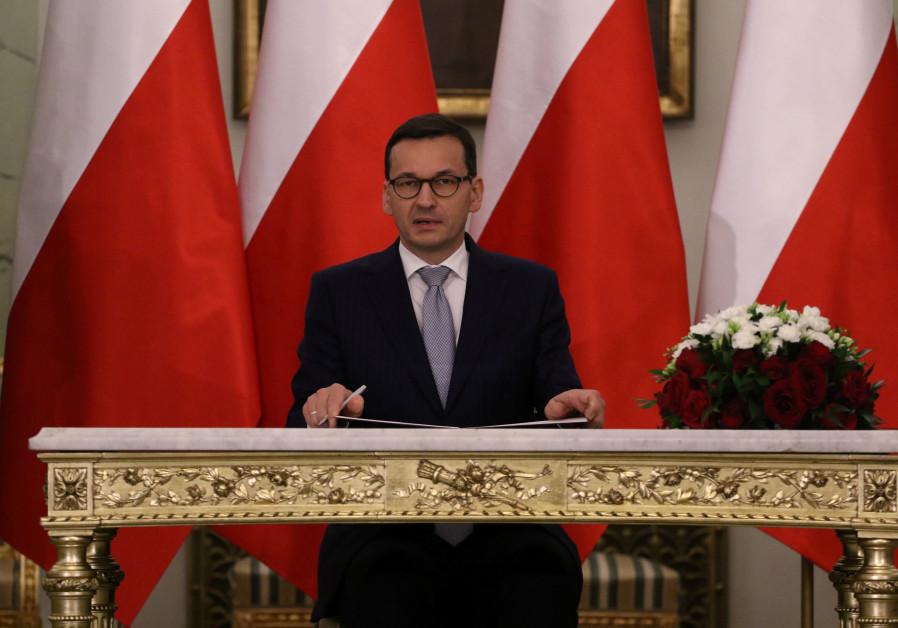 Oby niepodległa Polska przetrwała ten samobójczy paroksyzm. Oświadczenie Polskiego PEN Clubu
Oby niepodległa Polska przetrwała ten samobójczy paroksyzm. Oświadczenie Polskiego PEN Clubu
Polski PEN Club
 5.02.2018, Warszawa, kontrmanifestacja wobec manifestacji ONR i Młodzieży Wszechpolskiej ‘Odwagi Polsko – prezydencie podpisz’ przed Pałacem Prezydenckim. (Fot. Dawid Żuchowicz / Agencja Gazeta)
5.02.2018, Warszawa, kontrmanifestacja wobec manifestacji ONR i Młodzieży Wszechpolskiej ‘Odwagi Polsko – prezydencie podpisz’ przed Pałacem Prezydenckim. (Fot. Dawid Żuchowicz / Agencja Gazeta)
Rzekoma “polityka wstydu” ustępuje miejsca polityce bezwstydu. Nadaje to rozłamowi w kraju charakter nieodwracalny.
Przez dwa lata poróżniono nas z najbliższymi sąsiadami, ze wspólnotą krajów sprzymierzonych i ze strategicznymi partnerami państwa polskiego. Każdy kolejny konflikt wszczyna się w imię fikcyjnej obrony Polski przed fikcyjnym atakiem na jej interesy i dobre imię, obsesyjnie powracając do realiów wojny sprzed czterech pokoleń. Z awersji do własnego państwa obraca się wniwecz dorobek ostatniego ćwierćwiecza, w którym odrodzona Rzeczpospolita, współtworząc system europejskich przymierzy, konsekwentnie i skutecznie urzeczywistniała historyczne pojednanie z Niemcami, z narodem żydowskim i ukraińskim. Przyjazne relacje z niepodległą Ukrainą osiągnęły wówczas poziom niebywały w dziejach wzajemnych stosunków. Niszcząc je dzisiaj, dąży się do bałkanizacji Europy Środkowej. Wizerunek Polski odstręczająco nieracjonalnej pogłębia jej złowróżbne osamotnienie w świecie.
Rzekoma „polityka wstydu” ustępuje miejsca polityce bezwstydu, nieraz zakrawającej na świadomą prowokację. Prowokacyjny charakter ma koncesjonowanie rozzuchwalonych bezkarnością kapturowych patriotów, coraz tłumniej manifestujących pod skrajnie rasistowskimi hasłami i aż za dobrze znanymi symbolami neofaszystowskimi.
Prowokacją jest zaproszenie przez posła na Sejm RP na polskie Święto Narodowe proputinowskiego włoskiego neonazisty, we własnym kraju skazanego za działalność terrorystyczną. Od lat związany też z brytyjskimi narodowcami negującymi Holocaust w przemówieniu inaugurującym warszawski Marsz Niepodległości nawoływał on do „przejęcia ulic”.
Prowokujący był wybór daty Międzynarodowego Dnia Pamięci Ofiar Zagłady (tuż przed 50-leciem rocznicy niechlubnego Marca 1968) na przyjęcie przez Sejm, a następnie Senat nowelizacji ustawy o IPN, a także wzniecona przy tej okazji antysemicka wrzawa.
Wśród aktorów tego haniebnego spektaklu wyróżnił się dyrektor Programu 2 telewizji publicznej, który na jej antenie pozwolił sobie na kpiny z ludobójstwa. Negujące realność Zagłady szyderstwo z komór gazowych, znane z praktyki neonazistów, nosi po angielsku miano Holohoax.
Wspomniana nowelizacja wbrew propagandzie nie ma na celu zwalczania kłamstwa oświęcimskiego i neofaszyzmu. Mieści się w złej tradycji ścigania zbrodni obrazy majestatu – w tym wypadku państwa i narodu polskiego. Pozbawienie wolności za arbitralnie orzeczone fałszowanie historii Polski to pomysł rodem z ustawodawstwa putinowskiej Rosji. Istotą aktu przyjętego przez obie Izby jest wprowadzenie cenzury podmiotowej, i to pod groźbą kary wieloletniego więzienia. Grozić ma ono m.in. za przypisywanie Polakom jakichkolwiek zbrodni wojennych lub zbrodni przeciw ludzkości podczas wojny lub nawet w latach 1925–1950 (jak w stosunku do Ukraińców). Ten cenzuralny zakaz musi z góry zakładać wywołanie konfliktu z narodami, które w pamięci zachowały przykłady takich zbrodni.
Cenzuralna „maszyna bezpieczeństwa narracyjnego”, jak to zawczasu określił doradca Prezydenta RP, tworzy zmitologizowany obraz wojny sprowadzonej do wymiaru batalistycznego i martyrologii własnego narodu. Antygermanizm, antyukrainizm i antysemityzm służą antyeuropejskości. Wszelki sprzeciw propagandowa „narracja”, rozogniając konflikty zewnętrzne, marcowym wzorem przedstawia jako akt zdrady.
Nadaje to rozłamowi w kraju charakter nieodwracalny. W tej przewrotnej logice pogłębić go mają wezwania do wspólnej obrony Polski przed krytyką z zewnątrz.
Oby niepodległa Polska przetrwała ten samobójczy paroksyzm.
Warszawa, 8 lutego 2018
Zawartość publikowanych artykułów i materiałów nie reprezentuje poglądów ani opinii Reunion’68,
ani też webmastera Blogu Reunion’68, chyba ze jest to wyraźnie zaznaczone.
Twoje uwagi, linki, własne artykuły lub wiadomości prześlij na adres:
webmaster@reunion68.com





